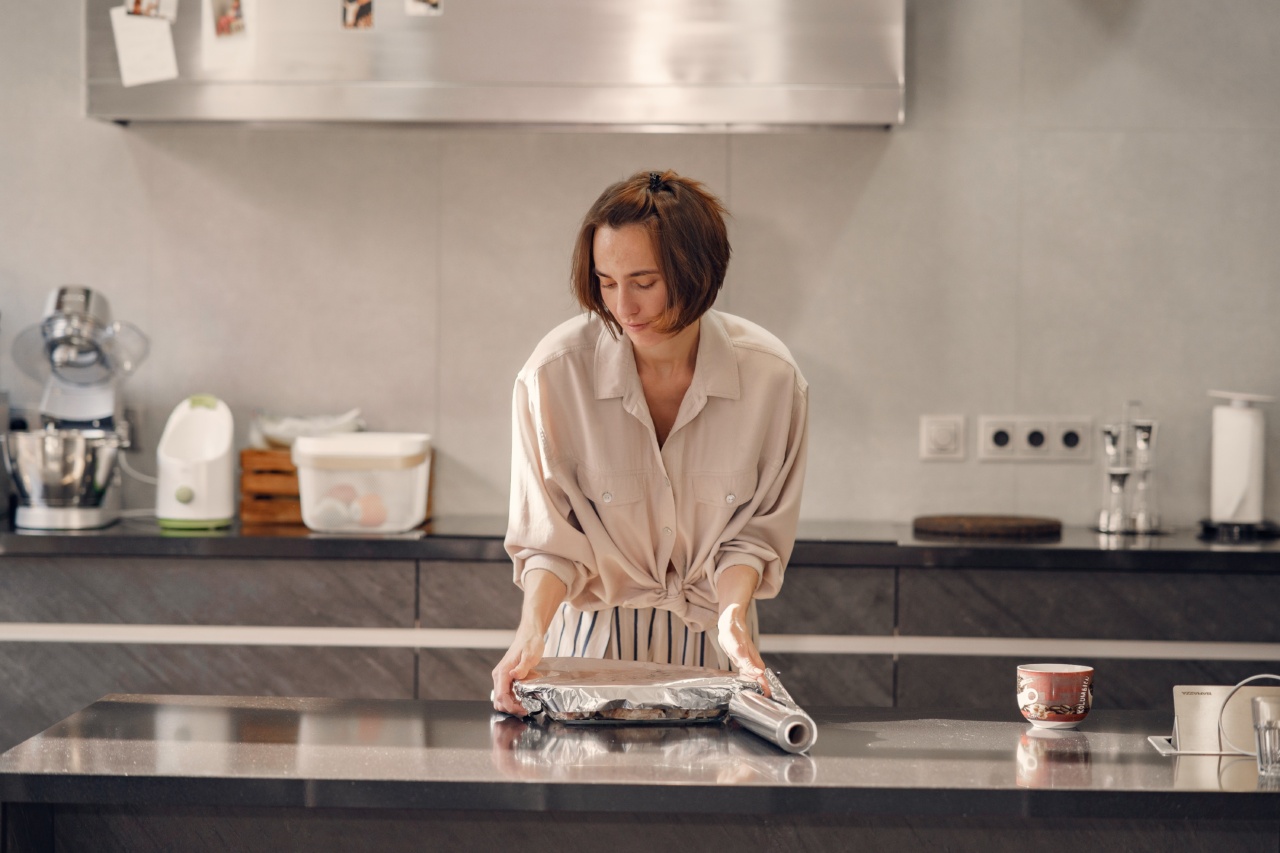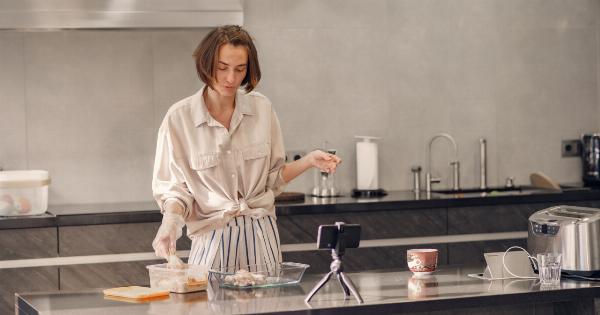Aluminum foil is a popular household item that can be found in nearly every kitchen. However, using it for baking may not be the safest option.
While it is convenient and affordable, aluminum foil poses potential health risks if used excessively or improperly in the kitchen. In this article, we will take a closer look at the dangers of using aluminum foil in baking.
1. Aluminum Leaching
One of the major concerns with using aluminum foil in baking is that it can leach into your food. When heated, aluminum reacts with acidic foods, such as tomatoes, vinegar, and citrus fruits.
This reaction can cause the aluminum to leach into your food, which can have harmful effects on your health.
2. Risk of Alzheimer’s Disease
Aluminum has been linked to Alzheimer’s disease and other neurological disorders.
According to the Alzheimer’s Association, the link between aluminum and Alzheimer’s is still unclear, but studies have shown that high levels of aluminum in the brain can cause toxicity and oxidative stress.
3. Health Risks of Overexposure to Aluminum
Overexposure to aluminum has been linked to a variety of health risks, including respiratory problems, kidney problems, and bone disorders.
While using aluminum foil occasionally for baking is considered safe, excessive use can increase your risk of these health issues.
4. Environmental Impact
Aluminum foil is not an eco-friendly option. It takes a lot of resources to produce and is not biodegradable. Additionally, discarded aluminum products can take hundreds of years to decompose in landfills.
5. Risk of Burns
When using aluminum foil in baking, it is important to be aware that it can get very hot and can cause burns if not handled properly. Always use caution when removing aluminum foil from the oven or when touching it with your bare hands.
6. Discoloration of Food
Another downside of using aluminum foil in baking is that it can discolor your food. This is especially true when baking acidic foods, such as tomatoes or fruit pies.
7. Higher Risk of Food Poisoning
Using aluminum foil to cover your food during baking can increase the risk of food poisoning. This is because the foil can trap moisture, creating a breeding ground for bacteria.
8. Interference with Cooking Times
Aluminum foil can also interfere with cooking times. When used to cover food, it can slow down the cooking process, resulting in unevenly cooked food.
9. Not Suitable for All Types of Baking
Aluminum foil is not suitable for all types of baking. For example, it is not recommended for use with microwave ovens or in broiling, as it can catch fire or melt.
10. Safety Issues
Finally, using aluminum foil in baking can be a safety issue if not used properly. Always follow the manufacturer’s instructions for use and disposal, and keep it away from flammable materials and heat sources.
Conclusion
Aluminum foil is a convenient item for baking, but it is important to be aware of the potential health risks associated with its use. While using it occasionally is generally considered safe, excessive use can increase your risk of health problems.
If you are concerned about the potential risks of aluminum foil in baking, consider using alternatives, such as parchment paper or silicone baking mats.





























